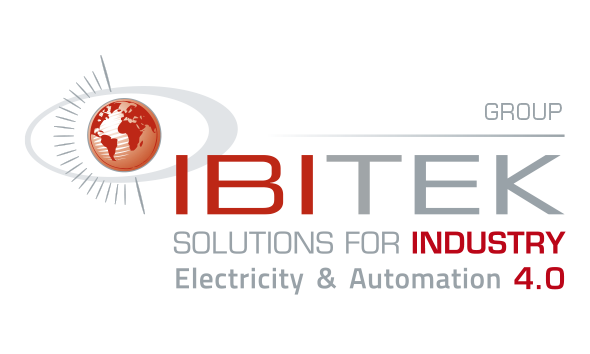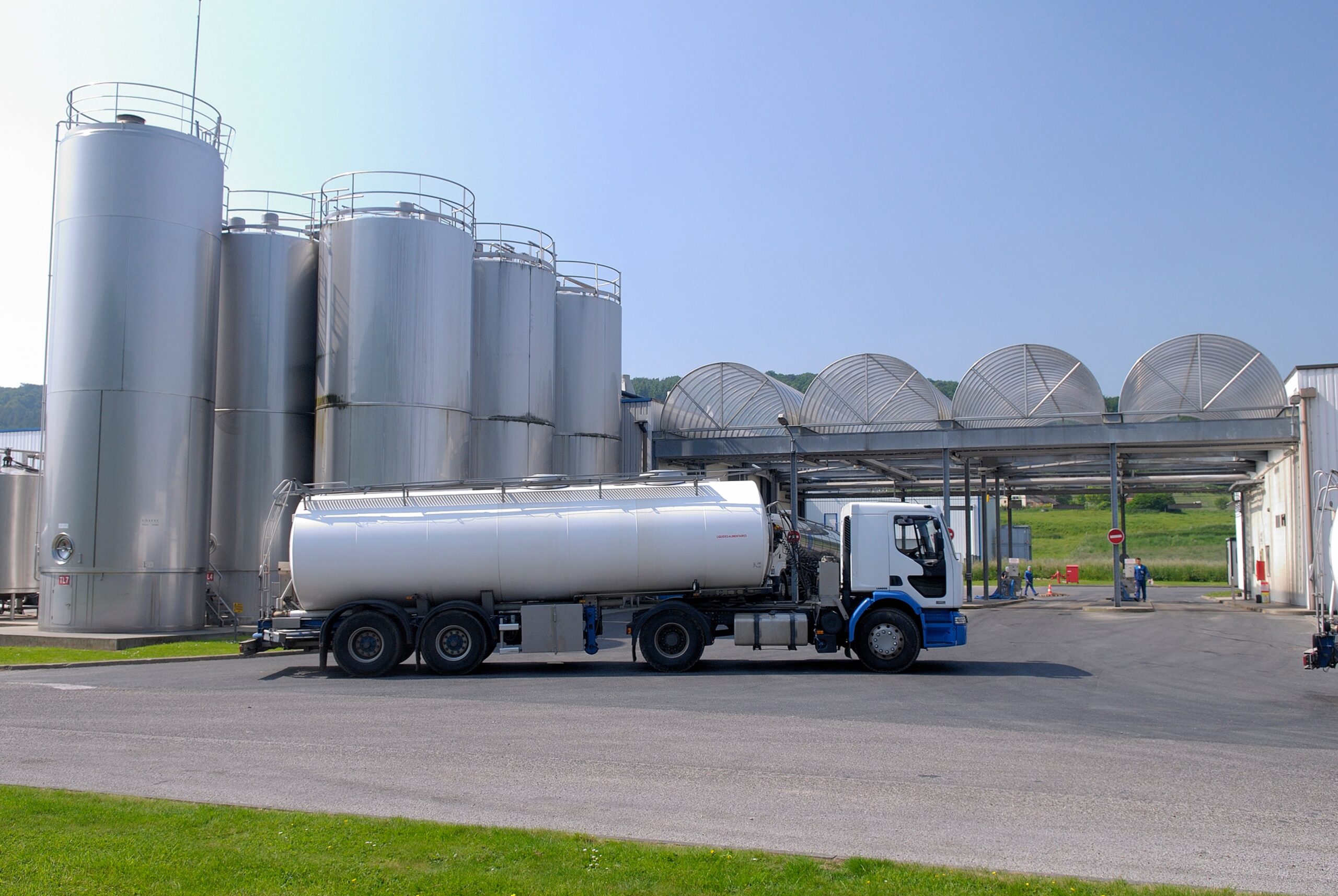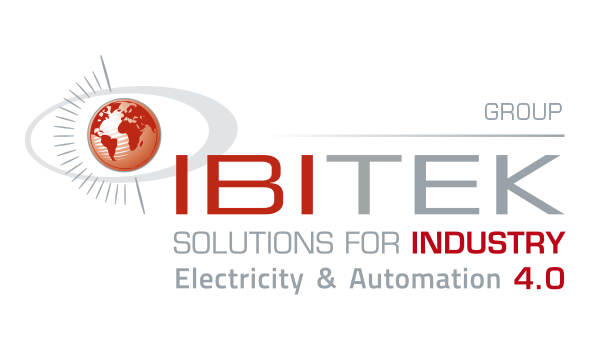In an increasingly connected world, industrial traceability has become a major issue for manufacturers. This concept, which concerns the tracking of raw materials, batches and finished products throughout the production chain, plays a key role in guaranteeing product quality and the company’s brand image.
In this context, the Internet of Things (IoT) is a real revolution for the industry. By integrating RFID chips, sensors and other identification systems with the company’s database, the IoT offers unprecedented possibilities for real-time tracking and tracing in industry.
What is industrial traceability (definition)?
Industrial traceability is the process by which an industrial company follows and documents the life cycle of a product, from the raw material to the final product. It plays a key role in product quality assurance, problem management and consumer satisfaction.
The Internet of Things (IoT): a revolution for the industry
The Internet of Things (IoT) is a concept that enables communication between physical devices, equipped with RFID chips or similar identification systems, and digital database systems. These devices can transmit necessary information in real time, enabling better flow management and accurate tracking.
The impact of IoT technologies on industrial traceability
From sensors to cloud platform: understanding IoT technology
Simply put, every IoT device, whether it’s a barcode or an RFID chip, collects data from its environment. This data, which can include information about location, motion, temperature and other factors, is then transmitted to a cloud platform where it is stored and analyzed.
The importance of network connectivity in an industrial setting
In an industrial setting, network connectivity plays a crucial role. Without a reliable network connection, IoT sensors cannot transmit the collected data to the cloud platform. This could hinder traceability and efficient tracking of products throughout the production chain.
The benefits of IoT for connected logistics
Process optimization with IoT sensors
IoT sensors can help optimize manufacturing processes by providing real-time data on production line performance. For example, by monitoring working conditions and machine performance, manufacturers can take effective measures to prevent breakdowns, reduce downtime and improve productivity.
Controlling flows and increasing efficiency of product deliveries
IoT can also help improve logistics flow management. By tracking the location and status of products throughout the supply chain in real time, companies can optimize deliveries, reduce delays and improve customer satisfaction.
IoT technologies and systems for better traceability
Geolocation and tracking: towards greater transparency
Thanks to IoT technology, companies can achieve greater transparency in their production and logistics chain. By integrating RFID chips and geolocation technologies, it is possible to track the exact location of each batch, and each component at any time. This allows for more accurate, real-time industrial traceability, strengthening brand image and consumer confidence.
Monitoring temperatures, movements and shocks with the IoT
The Internet of Things also enables monitoring of key environmental factors such as temperature, humidity or movement. If a temperature change is detected, an alert can be sent immediately, allowing for quick intervention to preserve product quality.
Facilitate industrial traceability with MES software
An MES (Manufacturing Execution System) software like IBIProd can be a valuable tool to improve traceability in the industry. It allows to collect, analyze and exploit data from IoT sensors.
Thanks to its user-friendly interface, you can have an overview of your production chain and access key information in real time. From raw data to daily production reports, an MES software offers you a complete analysis for an optimized management of your activity.
Conclusion: The future of industrial traceability with IoT
Ultimately, the optimal management of industrial traceability would not be complete without the integration of an MES (Manufacturing Execution System). An MES software, poses as an essential tool to orchestrate the various data collected by IoT technologies and to translate these data into relevant information for decision making.
MES software facilitates real-time tracking of materials and products throughout the production lifecycle. It provides unprecedented visibility across the entire production line, allowing plant managers to monitor and adjust manufacturing processes on the fly.
Challenges and opportunities of IoT in industry
Like any technology, IoT is not without its challenges, especially in terms of data security and network infrastructure. However, its potential to improve industrial traceability and optimize production processes is immense.










